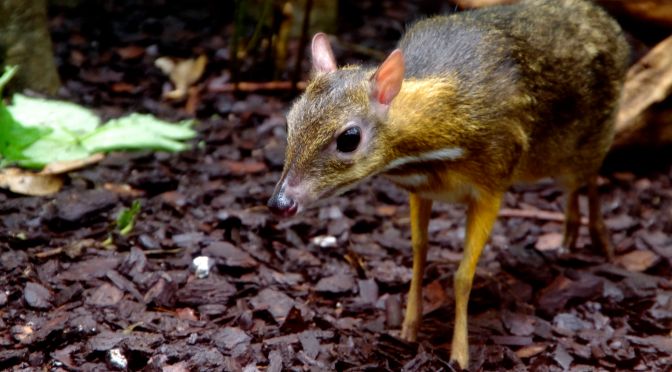The bible is so readily available in the English speaking world today that many take it for granted. Yet the history of the translation of the bible into English is one scattered with stories of sacrifices and suffering, even unto death. Similarly, many paid with their lives to ensure that the bible was translated into other languages too, so that others may read about the Good News of God in their native tongue.
In Southeast Asia, the Malay language is the lingua franca of about 215 million people. In Malaysia, there is an estimated 2 million Christians of which for some 70 % Malay is their mother tongue and main language. For them, having a Malay bible is a cherished blessing especially as they have faced difficulties previously from certain authorities who have tried to ban it, confiscate it, limit its distribution and even defaced it. At the moment, the Malay language bible or the AlKitab has been allowed into the country but pending court cases means that the matter has not been settled permanently.
A week ago, I attended a function that celebrated 400 years of the Malay translation of the bible. I had to admit that I was surprised to learn that the Malay language was the first non-European language into which the bible was translated. A Dutch East India Company junior trader, Albert Cornelius Ruyl, translated the Gospel of Matthew into Malay in 1612 which was only one year later after the release of the King James’ Version. His pioneering work would lead to the first complete Malay bible completed in 1733.
Albert Cornelius Ruyl had no formal training in linguistics but seemed to be extraordinarily gifted, allowing him to accomplish this feat. He also pioneered the principle of “cultural substitution” in bible translation, something that would not receive widespread acceptance until it was promoted again almost 300 years later. All previous translations, when faced with something that was not known to the new language, a word was adopted and adapted from the source language. However, the new word would still be alien in meaning and did not promote understanding.
So Ruyl did some cultural substitution. For example, there are no “fig trees” such as those found in the Middle East on the island of Sumatra. Instead, Ruyl used “pisang” or banana tree as a cultural substitute. Similarly, “wolves” was replaced with “tiger” and foxes with “mousedeer”. Now a fox and a mousedeer are very different species; the former is a predetor while the latter is a prey species. But just as we understand a fox to be cunning, in Malay folklore, it is the mousedeer that is cunning, often using its wits to escape the tiger and the crocodile.
Anyway, I am awestruck by seeing how God has led His word to be translated into the languages of the world (although there remains almost 200 languages that do not have the bible in their language), by the sacrifices made by many to carry out this work and how the work continues today even to some of the most remote tribes in the jungle as well as by how the Word of God is transforming many of these tribes. There were many at the function that testify how knowledge of God’s word has set them free from fear and given them joy.
I am reminded to read my bible more faithfully and not take for granted my access to it.


